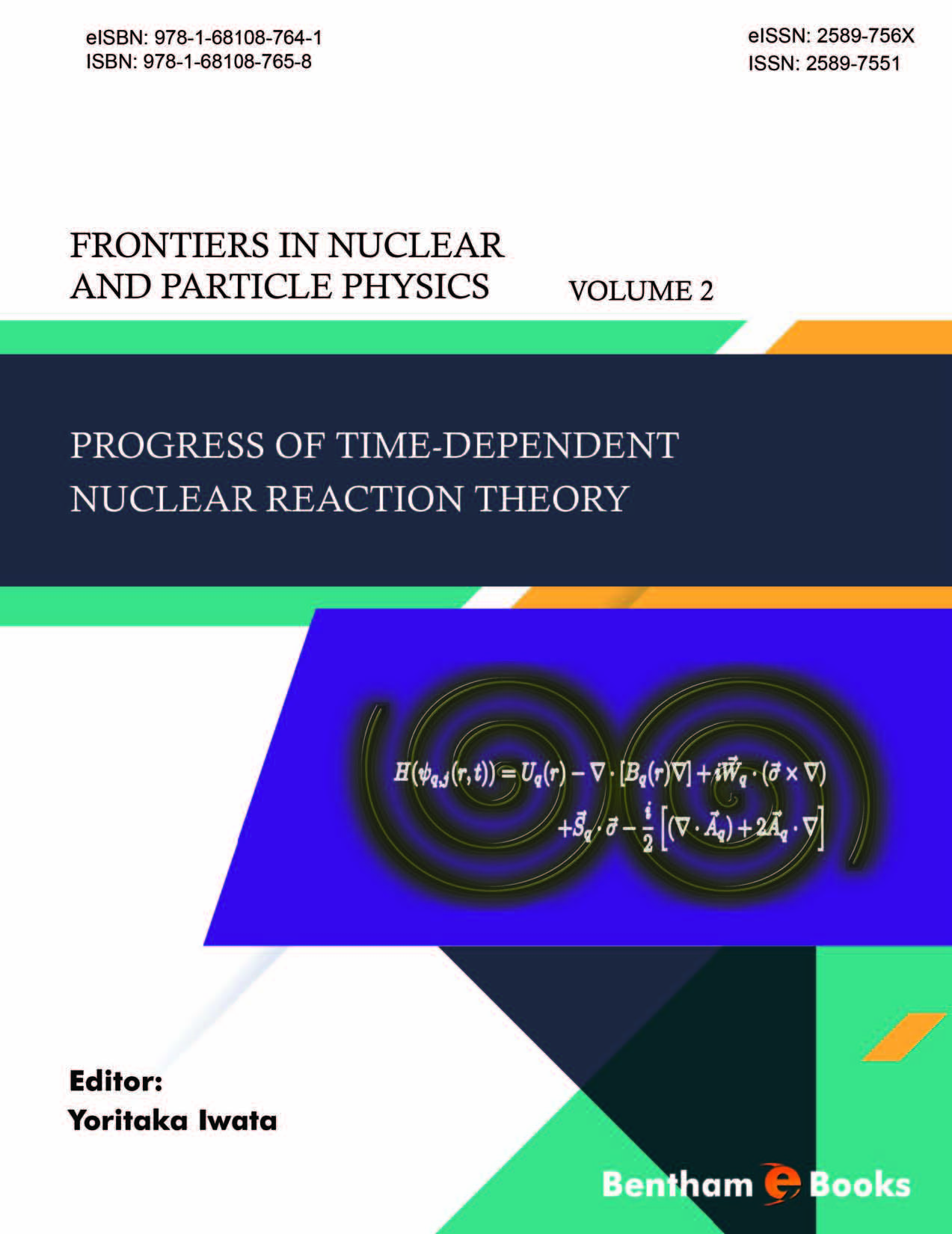Contributors
Editor(s):
Yoritaka Iwata
School of Science
The University of Tokyo, Hongo 7-3-1, 113-0033 Tokyo,
Japan
Contributor(s):
A.S. Umar
Department of Physics and Astronomy
Vanderbilt University
Nashville
TN
USA
Akira Ono
Department of Physics
Tohoku Univesity
Sendai
Japan
Alexis Diaz-Torres
European Centre for Theoretical Studies in Nuclear Physics and Related Areas (ECT∗)
Strada delle Tabarelle 286, I-38123 Villazzano
Trento
Italy
C'edric Simenel
Department of Nuclear Physics
Research School of Physics and Engineering
The Australian, National University
Canberra
ACT
Australia
Center for Computational Sciences
University of Tsukuba
Tsukuba
Japan
Denis Lacroix
Institut de Physique Nucl'eaire
IN2P3-CNRS
Universit'e Paris-Sud
Orsay Cedex
France
Kazuhiro Yabana
Graduate School of Pure and Applied Sciences
University of Tsukuba
Tsukuba
Japan
Kazuyuki Sekizawa
Faculty of Physics
Warsaw University of Technology
ulica Koszykowa 75
Warsaw
Poland
Graduate School of Pure and Applied Sciences
University of Tsukuba
Tsukuba
Japan
M. Kimura
Department of Physics
Hokkaido University
Sapporo
Japan
N. Itagaki
Yukawa Institute for Theoretical Physics
Kyoto University
Kitashirakawa Oiwake-cho
Kyoto
Japan
P. D. Stevenson
Department of Physics
University of Surrey
Guildford
Surrey
UK
P. W. Zhao
Yukawa Institute for Theoretical Physics
Kyoto University
Kitashirakawa Oiwake-cho
Kyoto
Japan
Piotr Magierski
Faculty of Physics
Warsaw University of Technology
ulica Koszykowa 75
Warsaw
Poland
Faculty of Physics
University of Washington
Seattle
WA
USA
T. Ichikawa
Yukawa Institute for Theoretical Physics
Kyoto University
Kitashirakawa Oiwake-cho
Kyoto
Japan
Toshiki Maruyama
Advanced Science Research Center
Japan Atomic Energy Agency
Shirakata 2-4, Tokai
Ibaraki
Japan
V.E. Oberacker
Department of Physics and Astronomy
Vanderbilt University
Nashville
TN
USA
W. Cassing
Institute for Theoretical Physics
University of Giessen
Germany
Y. Aritomo
Faculty of Science and Engineering
Kindai University
Higashiosaka
Osaka
Japan
Y. Iwata
Center for Nuclear Study
The University of Tokyo
7-3-1 Hongo
Tokyo
Japan
Yoritaka Iwata
School of Science
The University of Tokyo
Hongo 7-3-1
Tokyo
Japan

